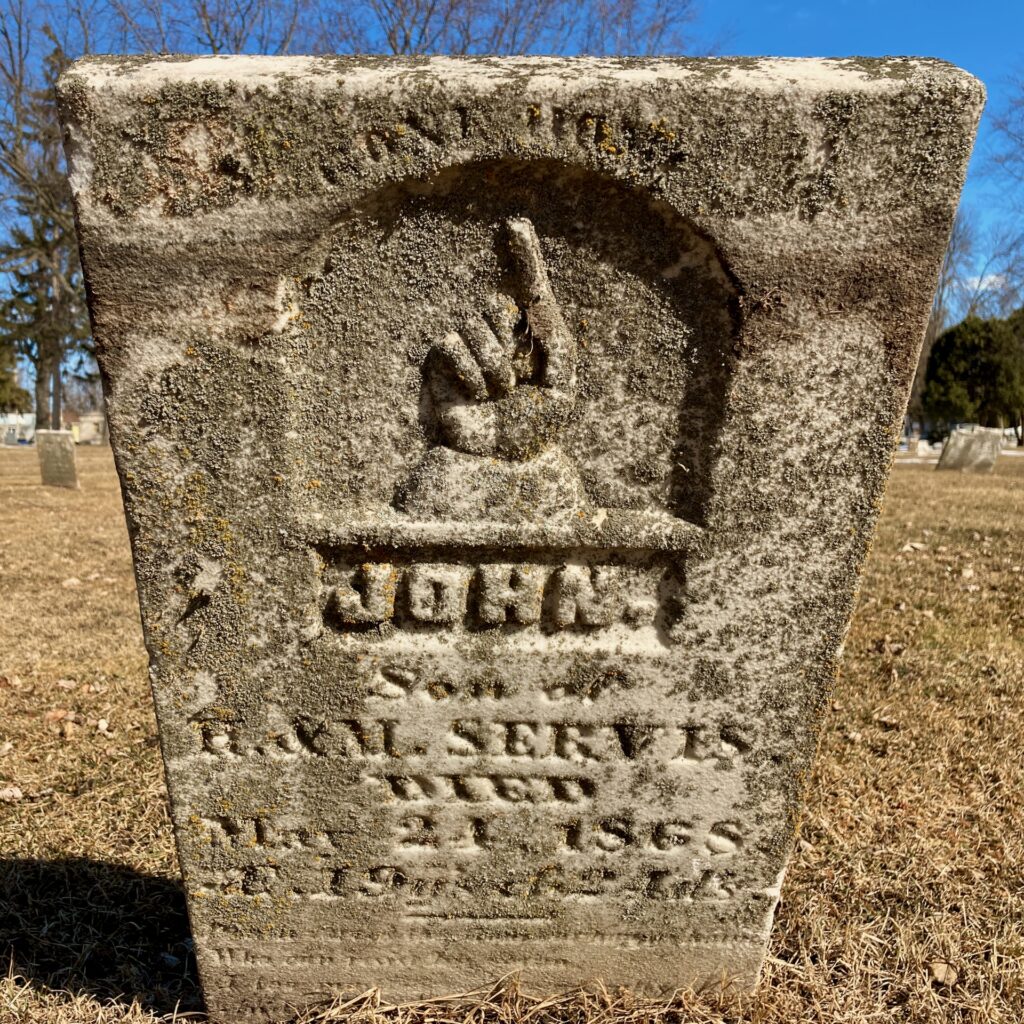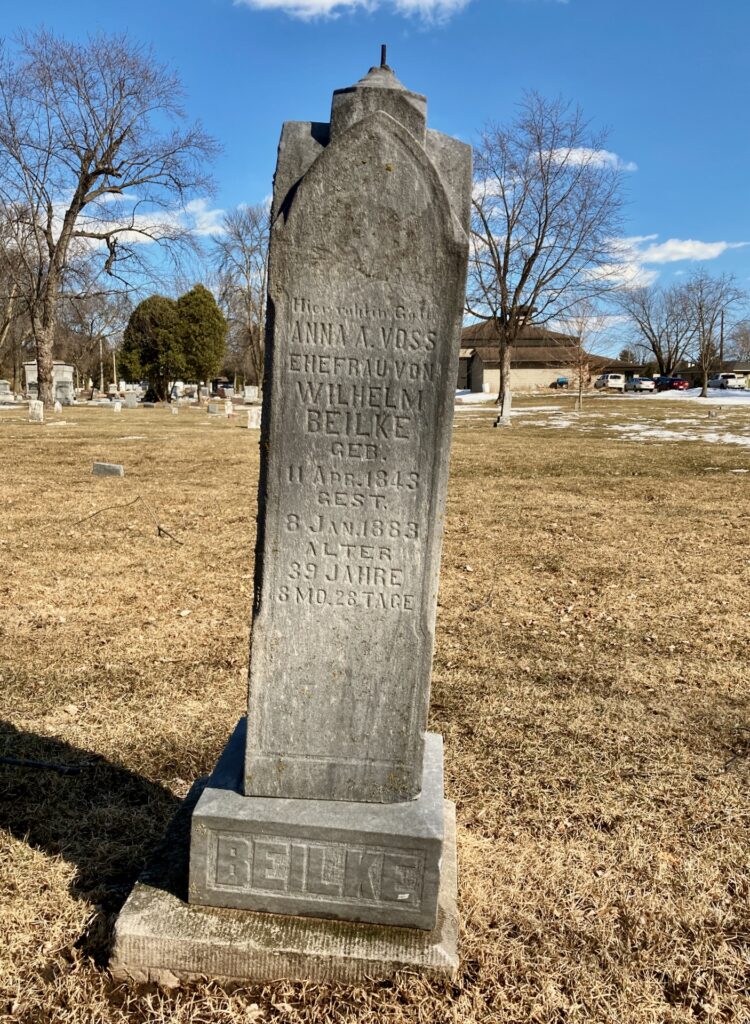Actor Will Smith slapped comedian Chris Rock during the Oscar awards ceremony. Now we learn that he was asked to leave but refused. I’ve been asking myself some questions about this incident….
— Why didn’t security remove Will Smith? Had he slapped a woman, of course he would have been hustled out of there. But a man hitting another man is somehow considered normal.
— Why a slap, and not a punch? Because a man defends his honor by slapping the other man. It’s a challenge to a subsequent duel. This continues to be a behavioral norm for men in Euro-American culture.
— If Chris Rock’s joke was aimed at Jada Pinkett Smith, Will Smith’s wife, why didn’t she slap him? Because this really wasn’t about Will Smith defending Jada Pinkett Smith. It was really about Will Smith defending his own honor.
— Why didn’t Will Smith stop to think about the example he was setting for all the teens and young men who idolize him (and he had plenty of time to think on that walk up to the stage)? Because he was passing along what he learned from previous generations of American men: Defend your honor with violence.
This incident is a classic example of toxic masculinity. The norms of toxic masculinity are deeply ingrained in our social structure. Men are trained from birth to defend our honor. We are socialized from birth to use violence.
I’d like to think that I would never do what Will Smith did. But if I’m honest with myself, in the right circumstances, I might. Yes, I’m a pacifist. I’m a feminist. I’ve taken on a non-standard gender role by working in the helping professions. But any American man could do what Will Smith did, given the right circumstances. Yes, even me. Even you….
Of course Will Smith should be held accountable for his bad behavior. But those of us who are men might also want to think about what this incident says about all of us. We men still have work to do to change what it means to be a man. Let’s use this incident to remind ourselves how important that work is.
Update: In response to a thoughtful email — (1) I’m not trying to excuse Chris Rock’s insensitive joke. (2) Most men do not consider it acceptable to slap another man. (3) One of the horrible things about toxic masculinity is that it damages all men (to say nothing of other genders).



